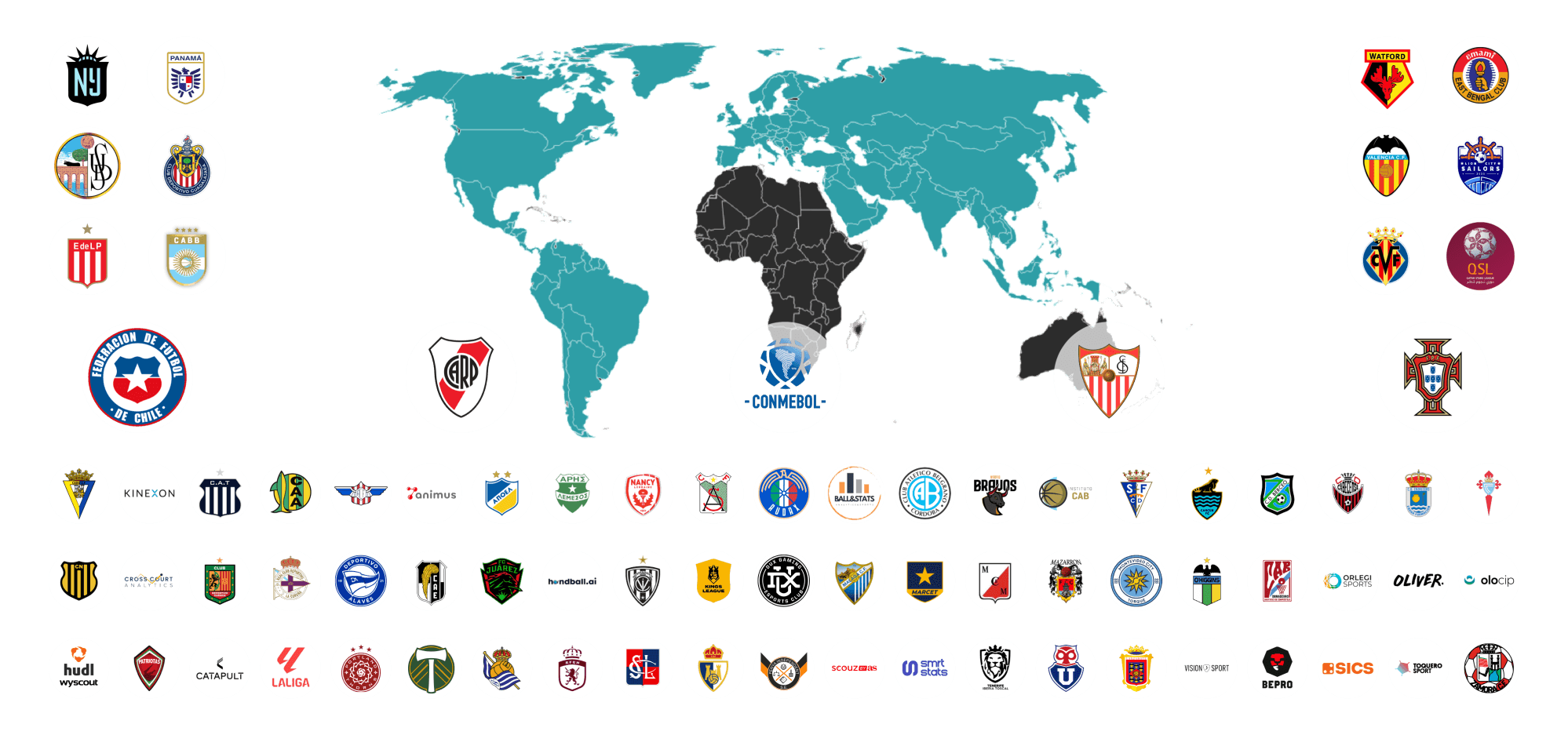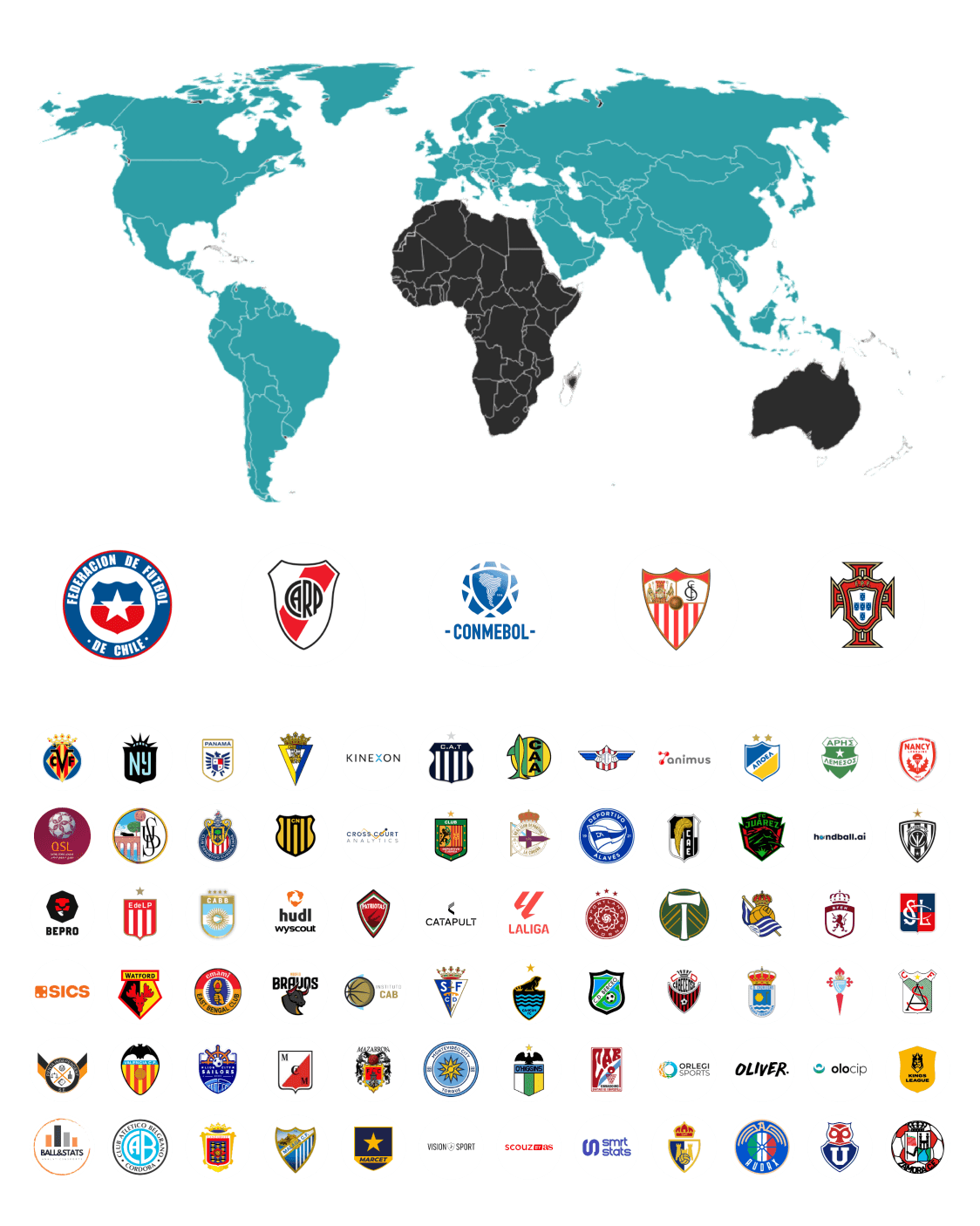MSc in
ARTIFICIAL INTELLIGENCE
APPLIED TO SPORTS
Boost your career in Sports AI with elite professionals and access to real opportunities.
Next edition: 17.03.2026 · Last scholarships available · Secure your spot today!




This will be your journey at Sports Data Campus

Training with elite leaders in sports and AI
Active instructors and masterclasses with professionals from Olocip and international experts, to learn from those already leading the AI revolution in sports.

Official UCAM University Certification
A unique master’s program certified by UCAM, validating your training and opening doors to professional opportunities in clubs, startups, and tech companies worldwide.

Global experience in AI applied to sports
End-to-end practical cases with real club data, applying ML, Deep Learning, Computer Vision, NLP, and Generative AI to solve real-world challenges in the industry.

Final Project with real-world impact
Complete your training by developing a project with tangible results, validated in professional environments and supported by the Professional Extension Department.
Backed by leading institutions and clubs in world football



















About the Master
The Master’s in Artificial Intelligence Applied to Sports is a pioneering program that combines advanced technology and sports to meet the growing demand for professionals capable of applying AI and data analysis in the sports industry.
Students will learn to use machine learning, deep learning, and Python, applying these tools to areas such as tactical-technical analysis, injury prevention, sports strategy, and fan engagement. They will also gain expertise in working with unstructured data (images, videos, social media) to support more accurate decision-making.
Designed by experts and backed by leading institutions, this master’s program prepares participants to lead the digital transformation of the sports sector.

Olocip is a pioneering company in the application of artificial intelligence, with extensive experience in developing innovative and groundbreaking solutions, supported by highly qualified professionals in this field.
Its solutions have assisted private entities and public organizations worldwide in their digital transformation processes.
In the realm of sports and corporate management, Olocip offers services for the creation and management of platforms tailored to clients’ needs. These platforms are based on the centralization and exploitation of data through Data Lakehouses, data analysis, and artificial intelligence. Notably, Olocip stands out for its cutting-edge solutions in scouting and performance analysis.
WHO IT’S FOR
The Artificial Intelligence Applied to Sports training program is aimed at professionals with a technical background (engineering, mathematics, statistics, etc.) and experience in IT, who are interested in applying artificial intelligence and data analysis in the sports sector.
Its goal is to train specialists capable of developing advanced machine learning and deep learning models to improve sports performance and event management. The program also seeks to address the needs of data analysts and IT professionals in sports clubs and federations, providing tools to understand and apply AI in specific sports contexts.
In summary, the course bridges technology and sports, preparing a new generation of experts in a highly sought-after field.


IINS Recognition · March 2026
The Institute for Spanish Sports Quality grants this extraordinary distinction to Sports Data Campus, in recognition of its leadership, impact, and outstanding contribution to the strategic development of the sports ecosystem, and certifies that the institution meets the requirements and standards established for the sports quality seal.

Career Opportunities
Graduates of the Master’s in Artificial Intelligence in Sports can pursue diverse career paths across various sectors. Here are some possibilities:
Sports Data Analyst
Graduates can work as data analysts in sports clubs, federations, or companies specializing in sports data analysis. They would be responsible for collecting, analyzing, and interpreting data to provide valuable insights into athlete performance, team strategies, and market trends.
Sports Software Developer
Graduates can work on developing software and applications specifically for the sports sector, leveraging AI techniques to create innovative solutions that enhance training, team management, or the spectator experience.
AI Consultant in Sports
Graduates can offer specialized AI consulting for sports clubs, federations, or companies looking to implement AI solutions in their processes and operations.
Sports Data Scientist
Graduates can work as data scientists specializing in sports, applying advanced data analysis and AI techniques to solve specific problems in the sports sector.
AI Project Manager in Sports
Graduates can take on leadership roles in managing AI-related projects in sports, ensuring that projects are completed successfully within the established time and budget.
Researcher in AI Applied to Sports
Graduates can pursue an academic or research career, contributing to the advancement of knowledge and the development of new AI techniques applied to sports.
Why TO choose our Master’s program?
Let us share with you the reasons to choose it:

A unique training program, with exclusive and one-of-a-kind content
We are the leading campus and the largest community for Big Data and sports in Spanish
We have already trained over 3.100 students from major leagues and various sports.
We collaborate with over 60 clubs and professional teams, and more than 90 leading companies in their sector
We guarantee a unique learning experience, with support at all times and always available for you
Publish and find opportunities in our community full of professionals to network
The only master’s program certified by the most prestigious sports university: UCAM
Our instructors and masterclasses are top-tier worldwide. You will have access to exclusive events with them
Don’t forget to ask about our international scholarship and study aid program
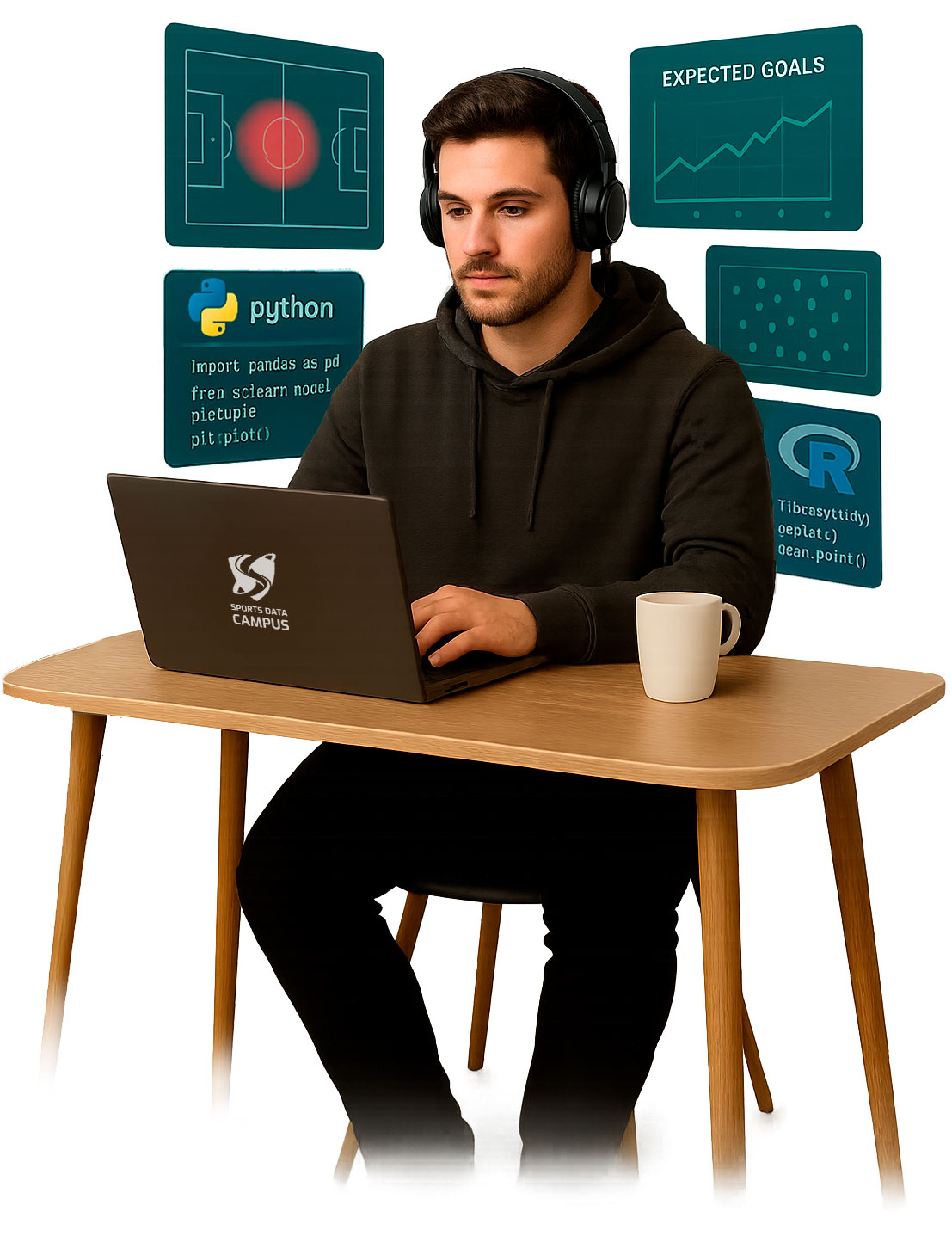
START TODAY WITH THE FREE INCLUDED PRE-MASTER PROGRAMME (valued at 5,000€)
You will also have access to four courses, each of which grants a certificate upon successful completion. Throughout the PreMaster, in short, you will be able to immerse yourself in the essential aspects of the Big Data in Sport ecosystem and acquire and train a series of competencies that will be of great use throughout the Master's Programme.
-

Immediate access after enrollment
Start learning today.
-

4 Certificates
Get the four foundational certificates in Football Analysis, R, Python, and Data Visualization, included with your enrollment.
-

Start ahead
You overcome technical fear and adapt faster to the workflow.
-

Exclusive
Included only with your enrollment in this Master’s program (not sold separately).
CERTIFICATE PROGRAM IN FUNDAMENTALS OF DATA ANALYSIS IN FOOTBALL
Learn the basics of football data analysis in a clear and practical way. Tutor: Pablo Sanzol.CERTIFICATE PROGRAM IN FOUNDATIONS OF DATA VISUALIZATION IN SOCCER ANALYTICS
Introduction to BI tools to turn football metrics into actionable insights and build dashboards. Tutor: David Fombella.CERTIFICATE PROGRAM IN STATISTICS AND MATHEMATICS APPLIED TO SPORT WITH R
Learn R programming from scratch to manipulate and analyze sports data, create visualizations, and gain confidence for further studies. Tutor: Javier Fernández.CERTIFICATE PROGRAM IN FUNDAMENTALS OF SPORTS DATA ANALYSIS WITH PYTHON
Learn Python from scratch to understand programming logic, work with data structures, and gain confidence for automation, software development, and data analysis. Tutor: Lucas Bracamonte.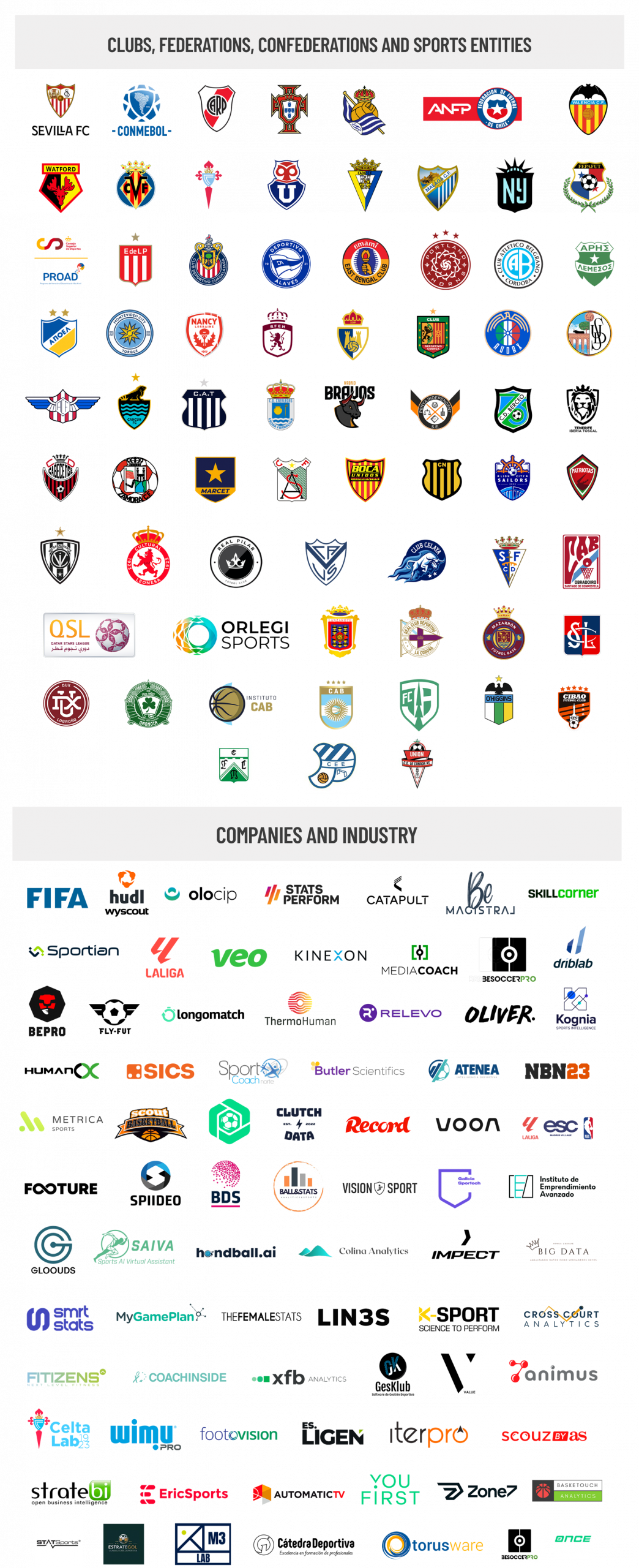
OUR STUDENTS’ OPINIONS
We are very proud of each and every one of the students who have passed through Sports Data Campus, and who are now part of this great family.
Thank you all so much for your effort

Tommy las
Student MSC Data analytics in Football

Dimitris Stougiannou
Sports Data Analyst

Doowon Son
Sales agent of k-Sports

Kypros Nicolau
Talent ID an Recruitment Coordinator of Nothingam Forest

Tommy las
QA Enginner and Data Science Enthusiast

Marwane Hamdani
Football Data Scientist

Athanasios Ginnopoulos
Mathematician

Nikos Alagkiozoglou
U19 Performance analyst

Gabriel Abilleira Rodriguez
Data Scientist

Polykarpos Efthymiou
Fraud risk analyst
What We Offer
THE PROGRAM
The program that has revolutionized the application of artificial intelligence and advanced analytics in sports, designed and taught by the best professionals for you.
VACIO
MÓDULO 1. ARTIFICIAL INTELLIGENCE AS A DIFFERENTIATING VALUE IN THE SPORTS INDUSTRY (4 ECTS)
This module provides an in-depth introduction to Artificial Intelligence and Big Data applied to sports, in collaboration with Olocip.
Students will learn how AI transforms decision-making, optimizes performance, and enhances sports management through real-world cases and practical tools. The module addresses challenges in managing sports data by integrating sources such as GPS, eventing, and retail, and explores solutions for analyzing large volumes of data. Taught by Olocip experts, the module combines theory and practice to demonstrate how AI provides competitive advantages in the sports industry.
- Introduction to Artificial Intelligence
- Digital transformation and the AI ladder
- Machine learning
- AI projects and applications in sports
- Action value and predictive scouting in football
MODULE 2. DATA SOURCES AND ETL TECHNIQUES IN THE SPORTS FIELD (6 ECTS)
This module focuses on key techniques and tools for acquiring, processing, and managing sports data, covering the ETL cycle (Extraction, Transformation, and Loading) and access to various sources such as databases and APIs.
Students will learn to work with formats like Excel, XML, JSON, and CSV, and to use data from providers such as Opta, Statsbomb, or Wyscout.
The module explores how to transform raw data into strategic insights using analytical tools to create heatmaps, clusters, or xG models, emphasizing the practical value of real-time sports analysis.
-
Introduction to Data Sources and Providers
-
Use and Management of Databases
-
Data Extraction Techniques (ETL)
-
Data Security and Privacy
-
Data Integration and Quality
MODULE 3. BUSINESS INTELLIGENCE AND STORYTELLING IN SPORTS (6 ECTS)
This module explores the application of Business Intelligence in sports, focusing on advanced data visualization and storytelling to optimize performance and management.
Students will learn to use tools like Power BI, Tableau, and Python to create interactive and customized visualizations, translating technical data into clear, actionable insights.
The goal is to equip students with the skills to effectively communicate results and support strategic decision-making in technical-medical and sports management environments.
-
Fundamentals of Business Intelligence and Statistics
-
Visualization and BI Tools
-
Effective Communication and Data Storytelling
-
Advanced Sports Analytics
-
Research Methodology
MODULE 4. MACHINE LEARNING: SPORTS STRATEGY WITH SCIKIT-LEARN (7 ECTS)
This module introduces Machine Learning applied to sports, from foundational concepts to the implementation of models using Scikit-learn.
Students will learn to explore structured sports data, formulate hypotheses, and develop predictive models.
Key algorithms will be studied to analyze competitions and athletes, transforming data into competitive advantages and enhancing strategic decision-making.
-
-
Mathematical Foundations of Artificial Intelligence
-
Scikit-learn Library
-
Hyperparameter Tuning and Fine-Tuning
-
Exploration of Advanced Metrics
-
Machine Learning Model Lifecycle (End-to-End Machine Learning)
-
A/B Hypothesis Testing and Clustering
-
Feature Engineering and Linear Models
-
Predictive Models and Sports Analytics
-
Kaggle and GitHub Platforms
-
MODULE 5. DEEP LEARNING: DECODING DEEP LEARNING WITH TENSORFLOW AND KERAS APPLIED TO SPORTS (7 ECTS)
This module introduces Deep Learning as a key tool for analyzing complex and unstructured data in the sports field, using TensorFlow and Keras.
Students will learn how to build deep neural networks, apply techniques such as transfer learning and image classification, and address challenges like pose estimation and predictive analysis.
The module explores how Deep Learning complements traditional Machine Learning and how its use enhances tactical strategies, pattern recognition in gameplay, and decision-making based on large volumes of sports data.
-
Introduction to Neural Networks
-
Multilayer Perceptron, Backpropagation, and Gradient Descent
-
Convolutional Neural Network (CNN) Architectures and Autoencoders
-
Advanced Techniques for Sparse and Noisy Sports Data
-
Comparison Between Machine Learning and Deep Learning
-
Deep Learning Frameworks and Libraries
-
Use of Collaborative Development Platforms
MODULE 6. TELLING THE GAME: NLP FOR SPORTS INTELLIGENCE (6 ECTS)
This module explores the use of Natural Language Processing (NLP) in sports, from sentiment analysis on social media to the automatic generation of sports narratives.
Students will learn to apply advanced models (LLM, RAG) using frameworks like LangChain for tasks such as translation, content generation, and virtual assistants.
Through hands-on projects, students will develop solutions to analyze real-time textual data and enhance fan engagement, bringing strategic and innovative value to the sports environment.
-
Introduction to Natural Language Processing (NLP): Fundamentals and Applications in Sports
-
TensorFlow Text and PyTorch NLP
-
Text Preprocessing: Advanced Text Manipulation Techniques
-
Advanced NLP Models and Text Generation: Use of Large Language Models
-
Sentiment Analysis and Chatbot Implementation: Techniques for Fan Engagement
-
Sports Narrative and Report Automation: Automated Sports Content via NLP
-
NLP Technologies and Software: Tools and Libraries for NLP Development
-
Training and Fine-Tuning NLP Models: Customization and Deployment of Pretrained Models
MODULE 7. VISUAL STRATEGY: COMPUTER VISION WITH OPENCV, RESNET, AND YOLO APPLIED TO SPORTS (7 ECTS)
This module introduces computer vision as a key tool in sports analysis, enabling automatic detection of players, objects, and tactics through advanced metrics extracted from video.
Through practical cases and tools like OpenCV, TensorFlow, and PyTorch, students will learn to build models that interpret complex aspects of the game, such as off-ball movements and automatic tactical analysis.
The approach combines technical skills with innovative applications to transform how sports are trained, played, and analyzed.
-
Introduction to Computer Vision in Sports: Fundamentals and Historical Evolution of Computer Vision
-
Computer Vision Technologies and Tools
-
Practical Applications in Detection and Segmentation of Relevant Objects in Sports Events, Enhancing Understanding and Analysis of Gameplay and Athlete Performance
-
Implementation of Advanced Models – ResNet and YOLO: Details and Practical Applications
-
Video Analysis and Action Recognition: Techniques for Sports Video Analysis
-
Player Tracking and Motion Capture: Tracking Technologies and Motion Analysis
-
Innovation and Technology in Audiovisual Content: Computer Vision in Sports Broadcasting
MODULE 8. CREATING THE FUTURE: GENERATIVE AI IN SPORTS ACTION (7 ECTS)
This module explores how generative artificial intelligence is transforming sports through technologies such as GANs, Transformers, and autoregressive models, applied to synthetic content creation and game strategy simulation.
Students will learn to implement these tools with Python and libraries like TensorFlow, developing systems such as chatbots, simulators, and recognition algorithms.
It also covers vectorization techniques to model complex sports environments with multiple agents, along with the ethical and legal aspects of their application.
The module provides a solid technical foundation to apply generative AI in performance, tactical analysis, and personalization of experiences in sports.
- Introduction to Generative Artificial Intelligence
- Python and Machine Learning in Sports
- Concepts of Generative AI
- Relevant Technologies and Tools
- MLOps and Practical Applications of Generative AI
- Expanded Definition of Generative AI to Include Augmented Reality (AR) and Virtual Reality (VR)
- Ethics and Legality in Sports AI
MODULE 9. THE GREAT CHALLENGE: MASTER’S FINAL PROJECT (MFP) (10 ECTS)
This module promotes an entrepreneurial spirit and encourages the creation of creative solutions with real impact on the sports industry. Additionally, it integrates key concepts such as innovation, digital transformation, financial analysis, and evaluation of return on investment (ROI) in sports, providing a practical and strategic experience that prepares students to face real challenges with a transformative vision.
- Introduction to Carrying Out AI Projects in Sports
- Essential Guidelines for Project Organization
- Innovation and Digital Transformation
- Design Thinking and AI Innovation
- Financial Modeling and ROI Analysis with AI in Sports
- Execution of the Master’s Final Project
- Online Presentation
ACADEMIC DIRECTION

Marco Benjumeda
Lead Data Scientist Olocip
PhD en Inteligencia Artificial

Sergio Luengo
Lead Data Scientist Olocip
PhD en Inteligencia Artificial

David R. Sáez
CEO at Sports Data Campus (ENIIT / Big Data International Campus)

André Silveira
Chief International Development Officer at Sports Data Campus
FACULTY
Top-tier faculty at your service

Sergio Luengo
Lead Data Scientist Olocip. Doctor en inteligencia artificial

Marco Benjumeda
Lead Data Scientist Olocip. Doctor en inteligencia artificial
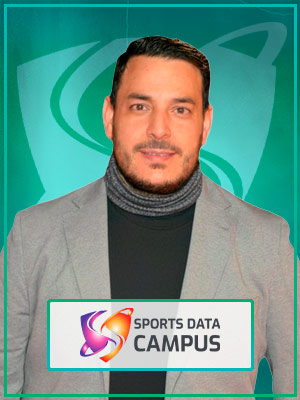
Lucas Bracamonte
Department of Professional Development at Sports Data Campus

MARCOS HERNÁNDEZ
Chief Product Officer

Jacinto Carrasco
Data Scientist Olocip
PhD Inteligencia Artificial

André Silveira
Chief International Development Officer at Sports Data Campus

Jorge Fernández
Data Scientist Olocip
MSc Artificial intelligence

David Fombella
Consultor Big Data en StrateBI y Co-Director Académico

David R. Sáez
CEO at Sports Data Campus (ENIIT / Big Data International Campus)

PABLO sanzol
Deportivo Alavés Technical Secretariat

Cristobal Fuentes
Physical Trainer of Real Oviedo and Academic Director of MBDPF

Eduardo García
CEO & Founder at LeadBC Tech Consulting

Óscar Martín
CEO of Patrulla Mutante

Javier Fernández
Senior Data Scientist at Sportian

Fredi Martín
Assistant at the China National Football Team
MASTERCLASS
Professional analysts, sports directors, coaches, staff…

Esteban Granero
Founder and CEO of Olocip

José David Poveda
Co-Founder of Horizm

Juan Iraola
Director of Digital Transformation at Grupo Baskonia Alavés

Pablo Galaz
Deputy Sports Manager at Club Universidad de Chile

Rodrigo Meruelo
CTO RCD Espanyol

Javi Mallo
Fitness Coach at Rayo Vallecano

Matías Conde
Data insights editoren Stats Perform

Montse García Bea
Elite Executive Account en Hudl-Wyscout

Ismael Fernández
PhD in Sports Science (CAFYD) and Co-Founder of ThermoHuman

Maurici A. López-Felip
CEO & Co-Founder of Kognia Sports Intelligence

José Rouzo
CEO at Oliver

Paul Neilson
Director of Performance SkillCorner

Luis Llagostera
CEO at Fly-Fut

Karen Reynoso
Sport Scientist at Hudl

Roberto Amorós
Data Scientist at LaLiga

Manel Lozano
Head of Mediacoach Support team.FIFA AGENT

Borja Gómez
Director of Bepro Spain

Juan Manuel Bello
Head of Football Operations Iberia at IMPECT

Josu Arregui
CEO at Voon Sports

Ray G. Butler
Member of the Data Science Team at Butler Scientifics

Miguel Ángel Campos Vazquez
Royal Spanish Football Federation

Sergio garcía
Member of the Data Science Team at Butler Scientifics

DIEGO VILCHES
Team leader Linti - Atenea Inteligenia deportiva

Gonzalo Zarza
CDO AT SPORTIAN

Nicolás Miranda
Sport Scientist at Catapult Sports

Pedro llamas
Account Cloud Engineering Vicepresident, South en Oracle

David Sánchez
CMO Golfmanager

Ricardo Molina
Founder & CEO en Scoutbasketball

Luis Mosquera Toscano
Product Manager Sports Analytics en Kinexon

Rafael Repiso Gómez
Processes and Digital Development Coordinator at Cádiz CF

Miguel almeida Ferreira
Scout at Club Sporting de Portugal

José María Cruz
R&D+i Manager at Sevilla FC Football

Mikel Gandarias
Member of the Sports Management Team at RCD Mallorca

Sergio Fernández
Sport Director Deportivo Alavés

Jorge Lorenzo
Founder & CEO en Basketouch Solutions Spain

Eugenio Alonso
Sales Manager at Stats Perform

Miguel Bullón
Director of Innovation at the Spanish Basketball Federation (FEB)

Alicia Arias
Customer Experience Manager at LongoMatch

Pablo Gutiérrez
Spanish Hockey Federation

Unai Ezkurra
Director of Processes and Big Data Football at RCD Espanyol

Pedro Viñaspre
Fundador y CEO de Fitness KPI
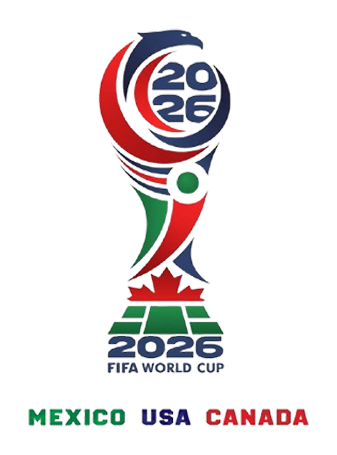
Join our master’s programs and take part in the 2026 Global Project
Access real performance data from top players. Create metrics, predictions, and dashboards, and publish insights using professional methodology within a project team.
Additionally, if you enroll in the Msc in artificial intelligence applied to sports, all these bonuses are included
BONUS 1
You will work with these data providers, tools, and football video analysis platforms
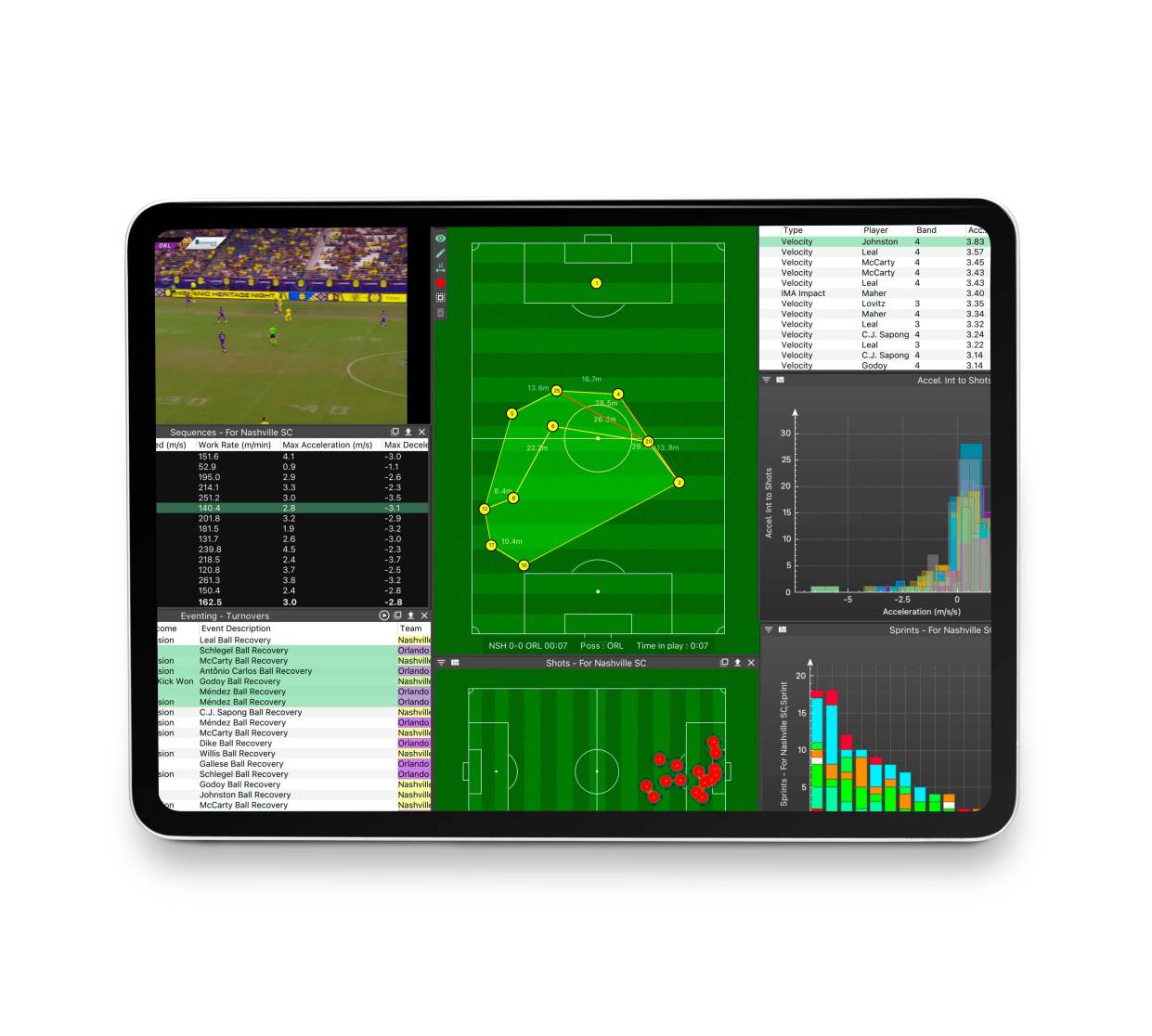

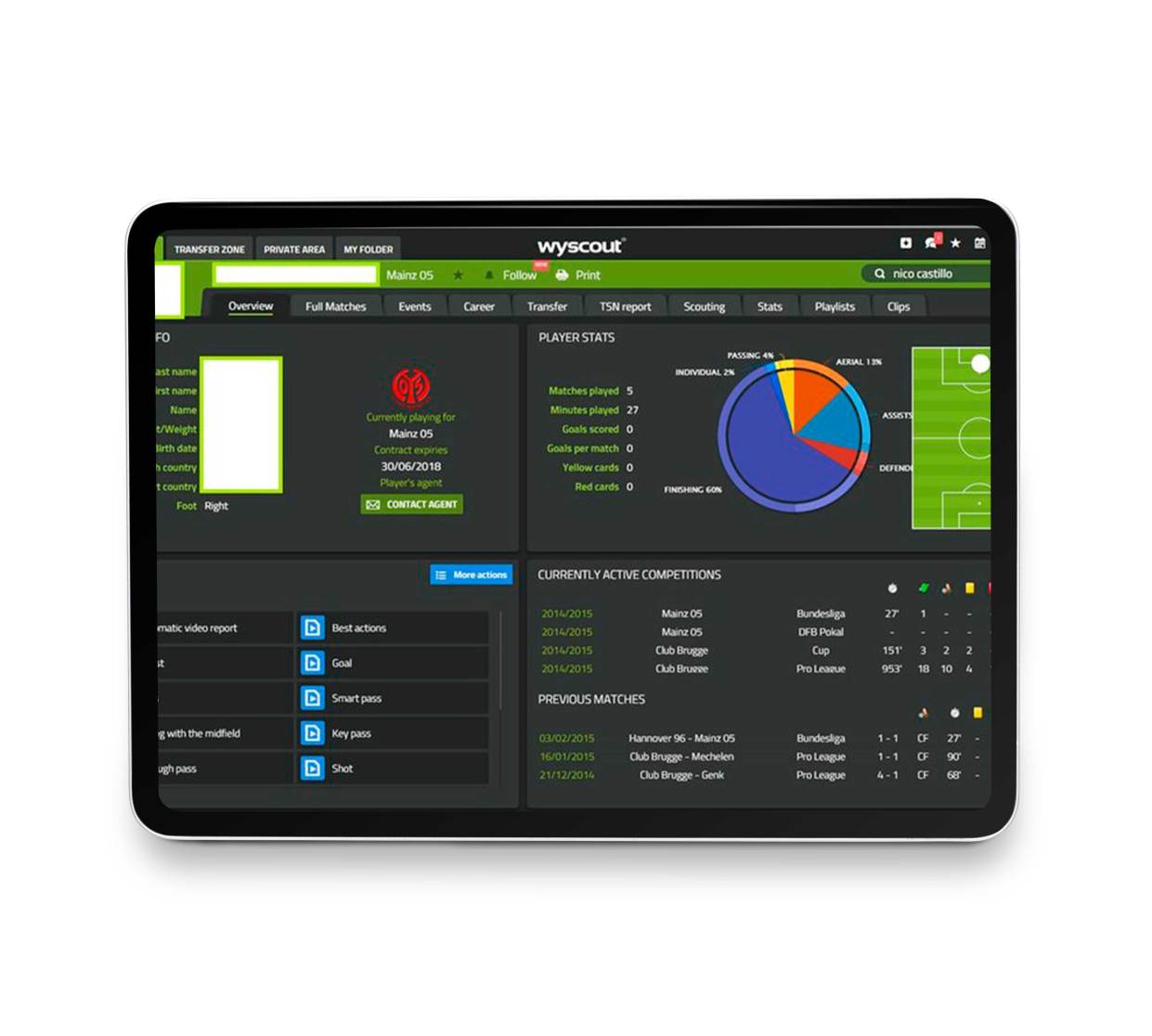



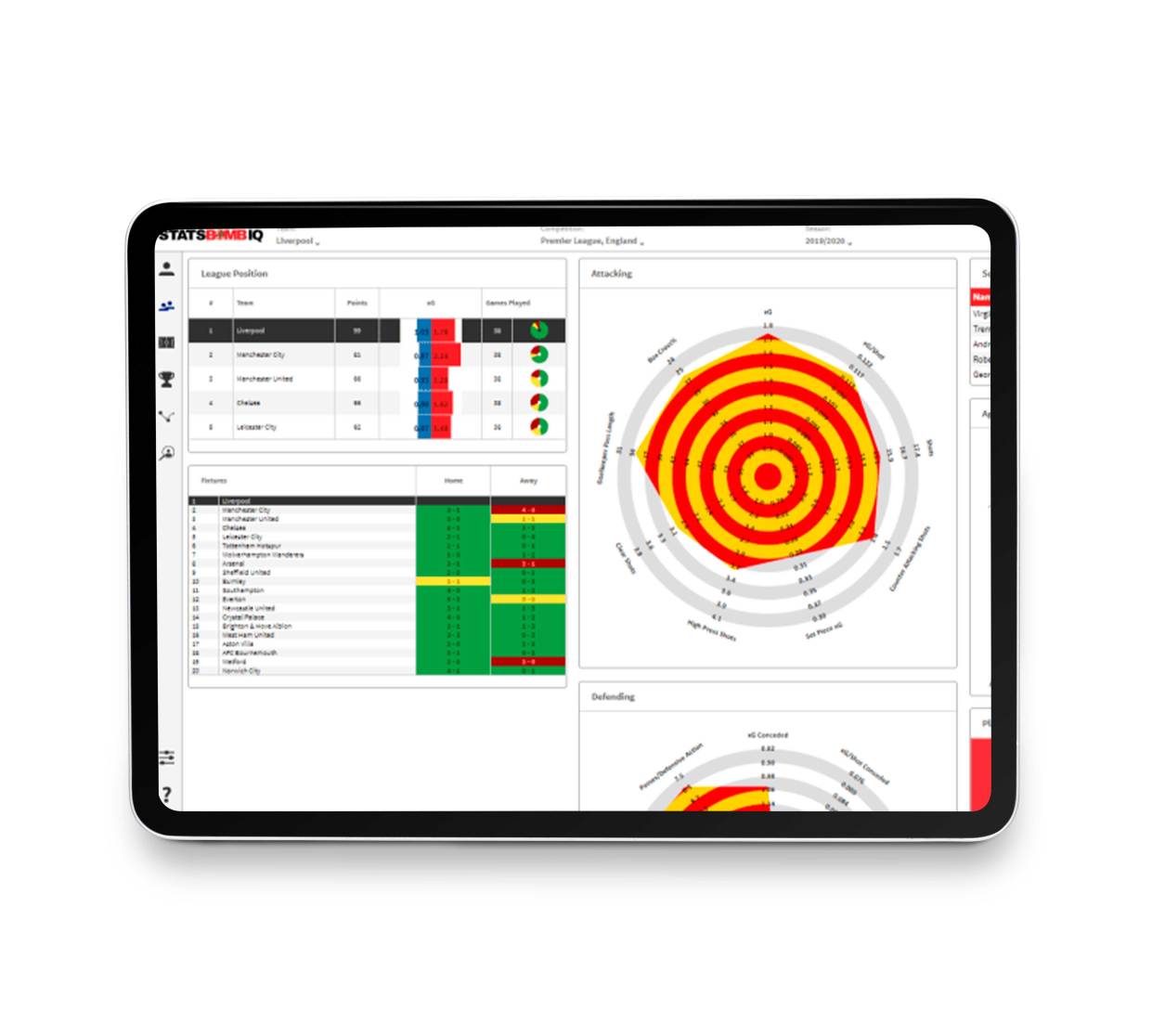

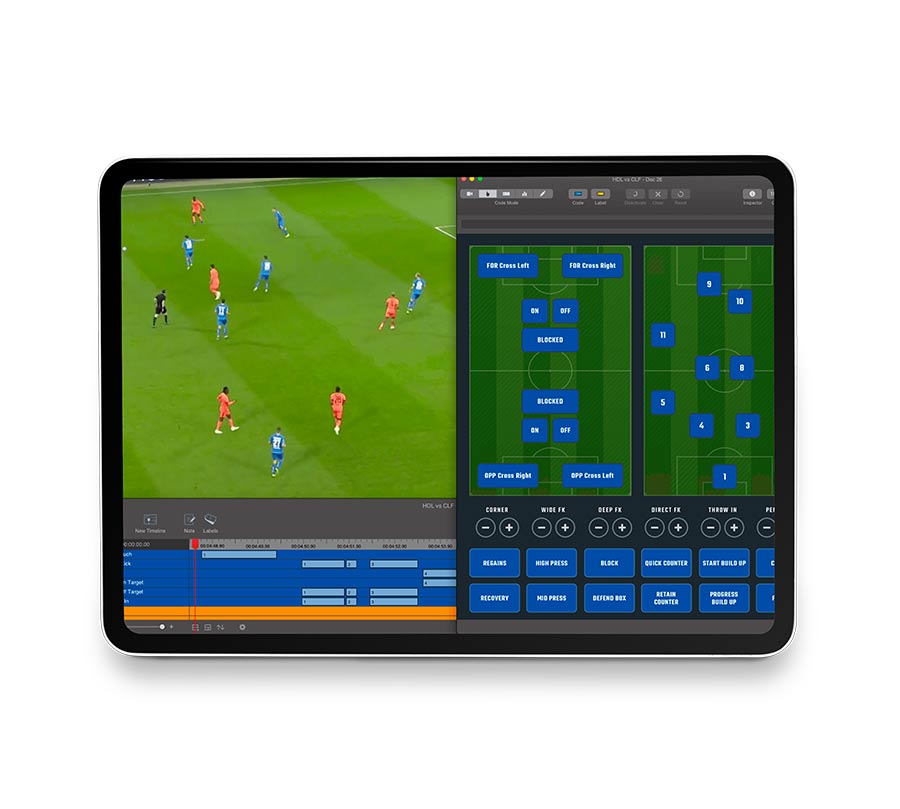

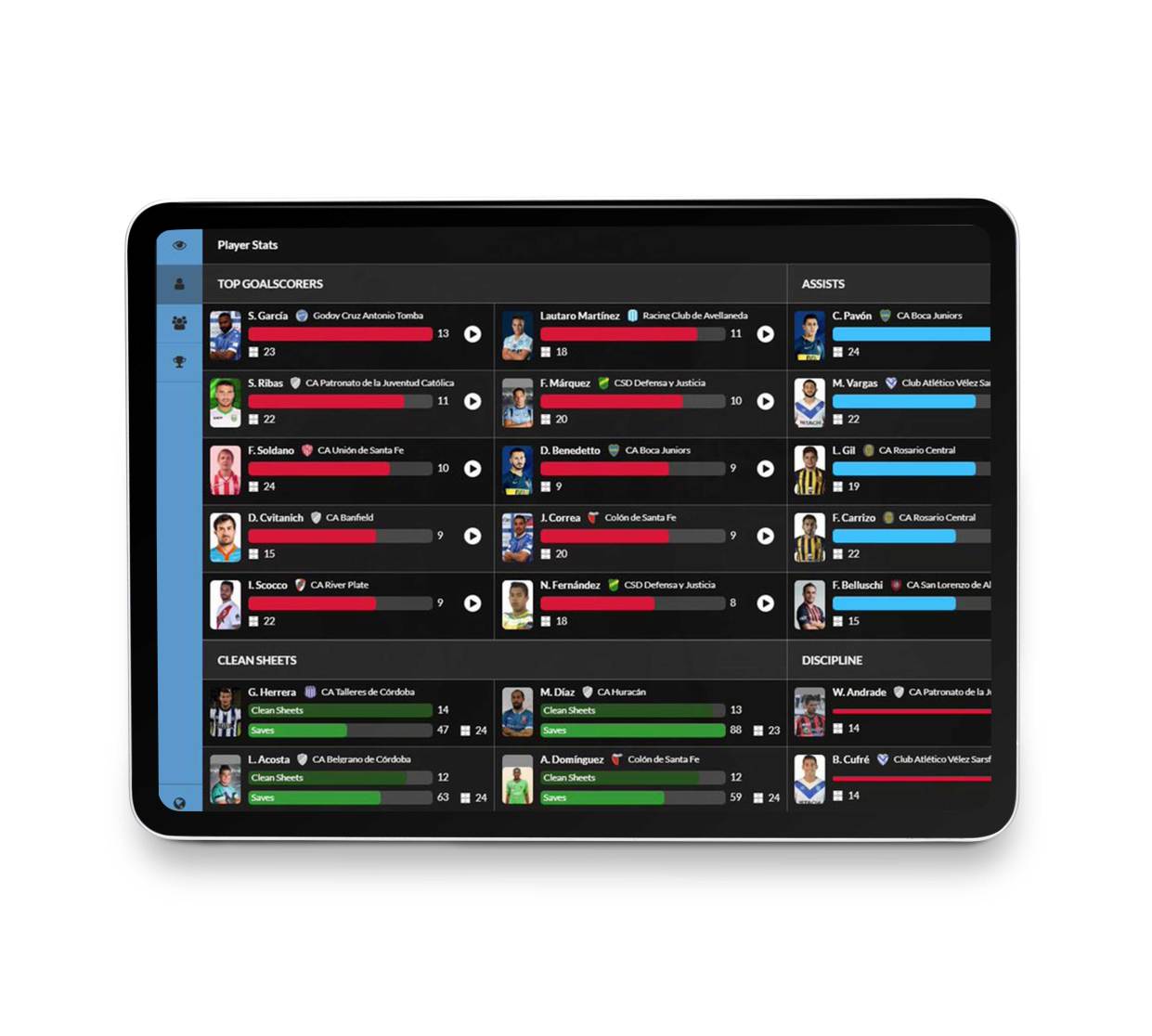

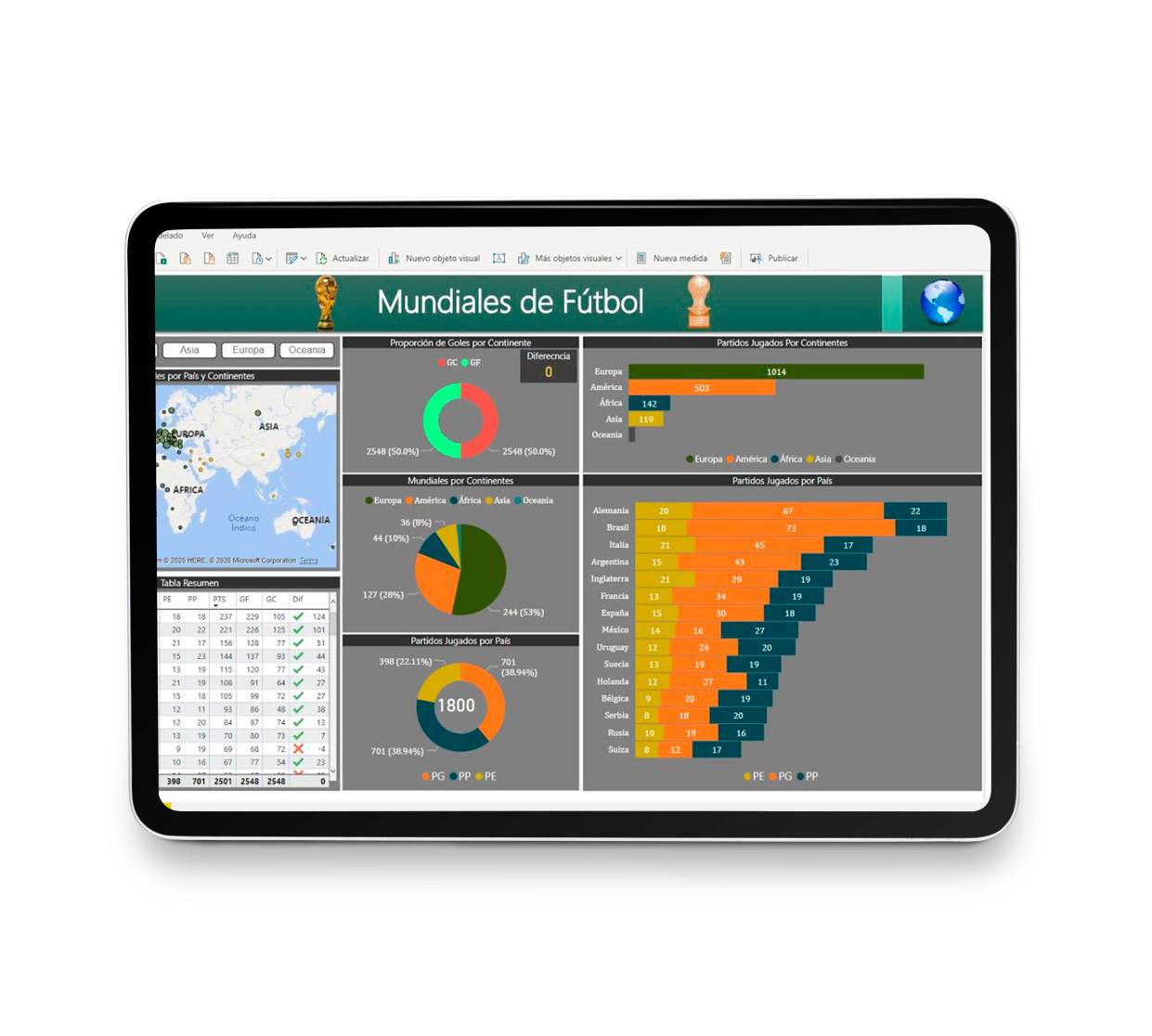

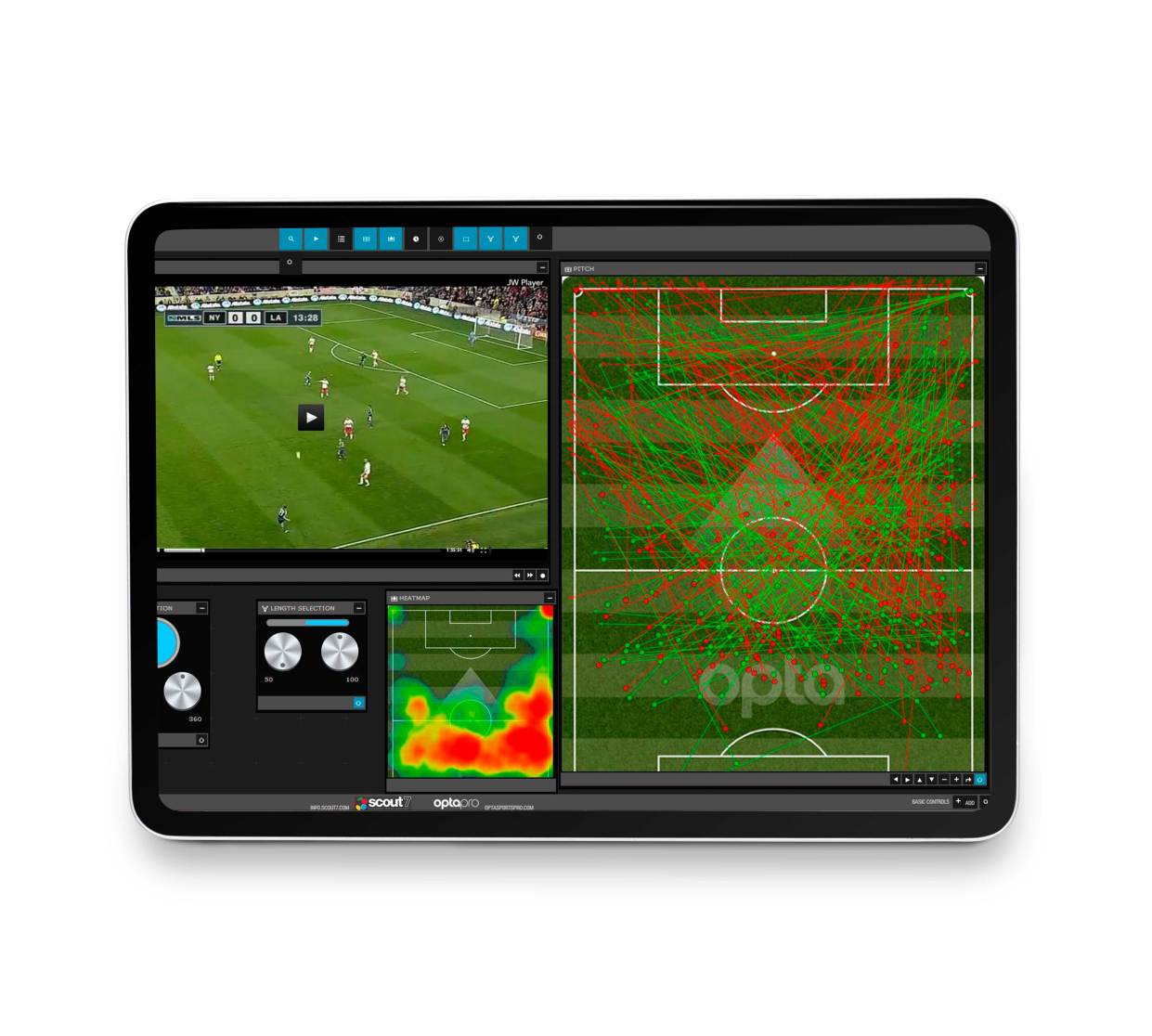
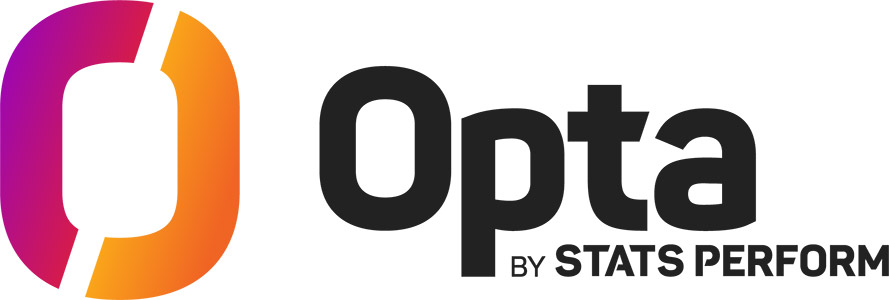
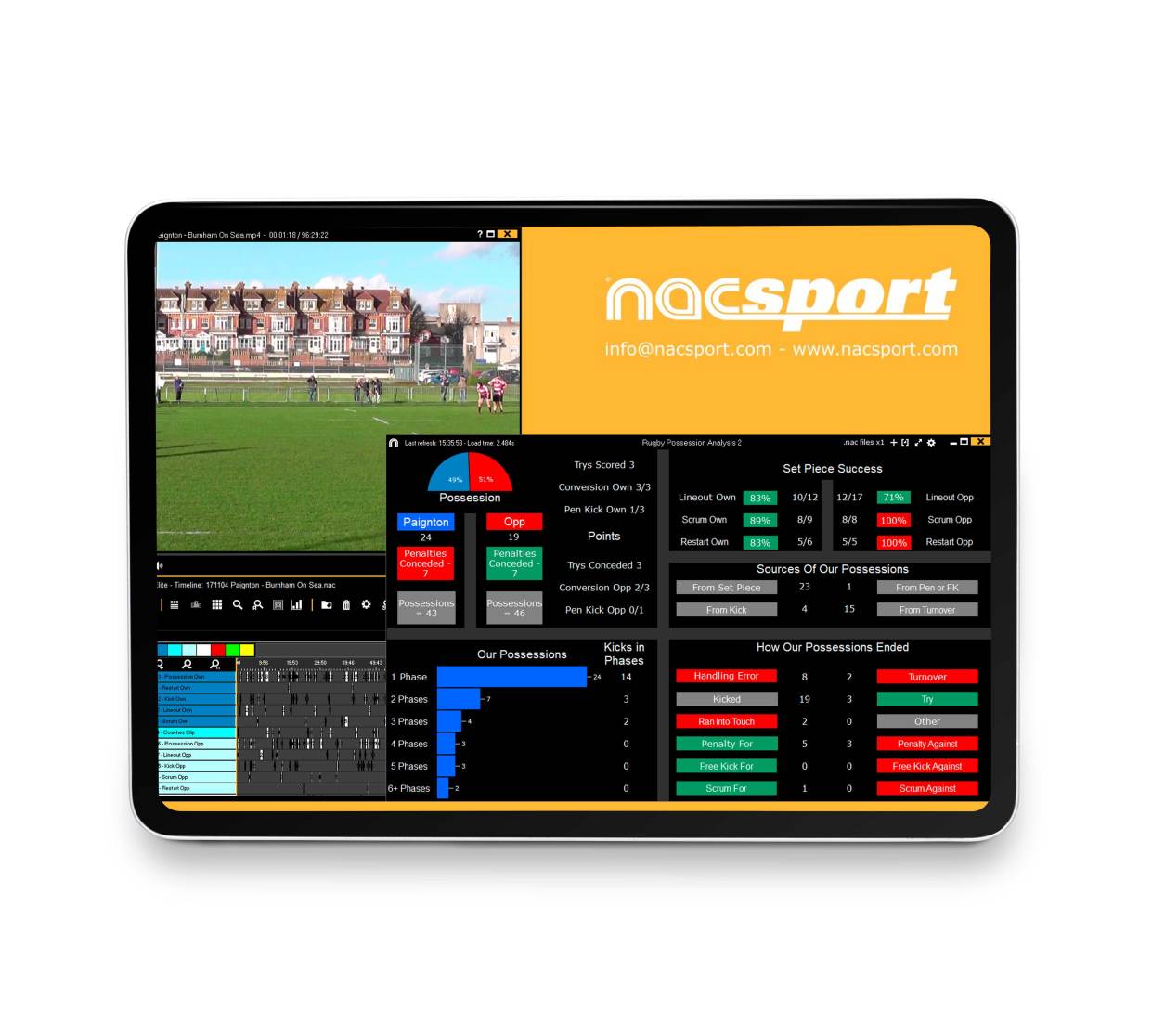

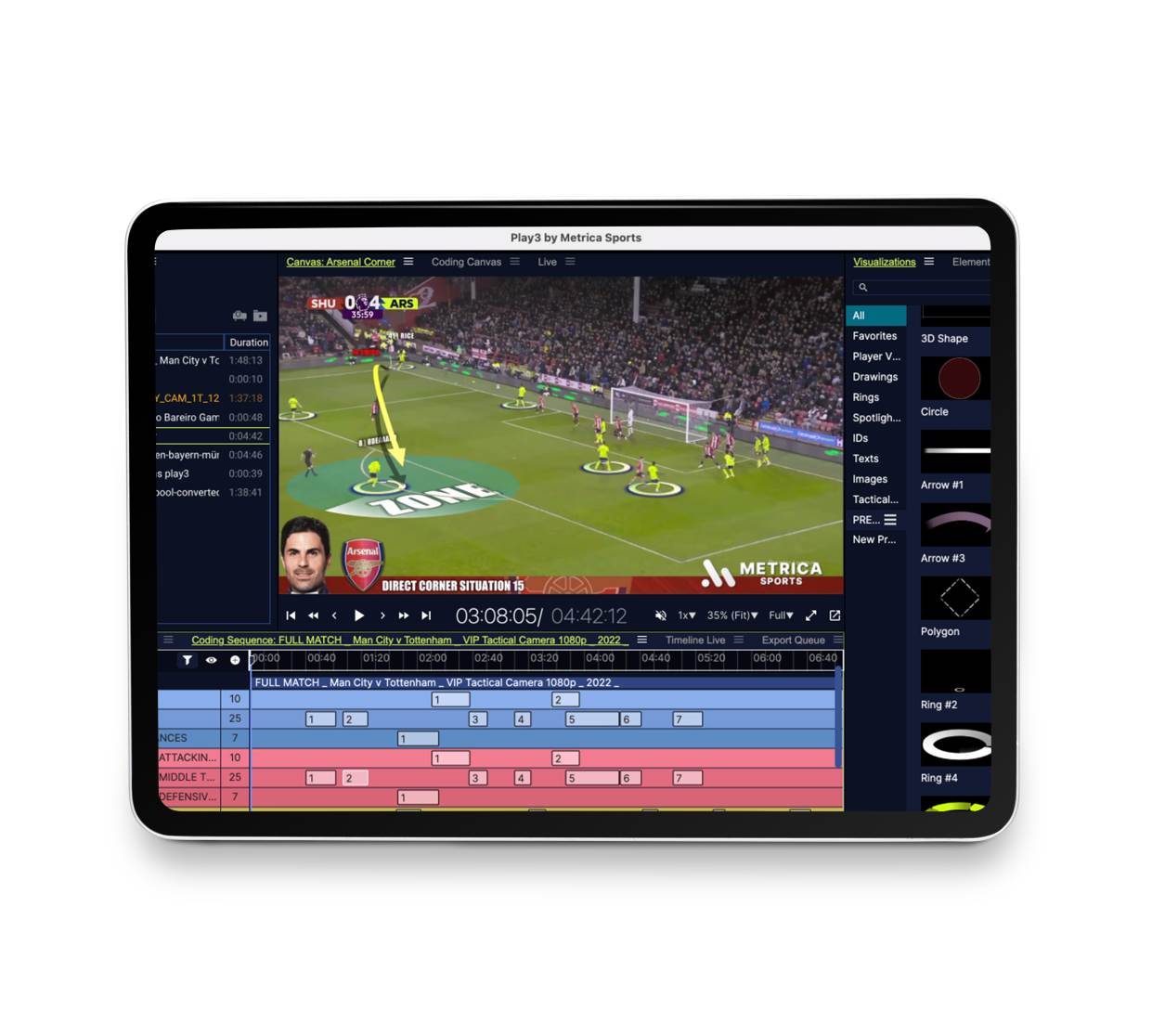

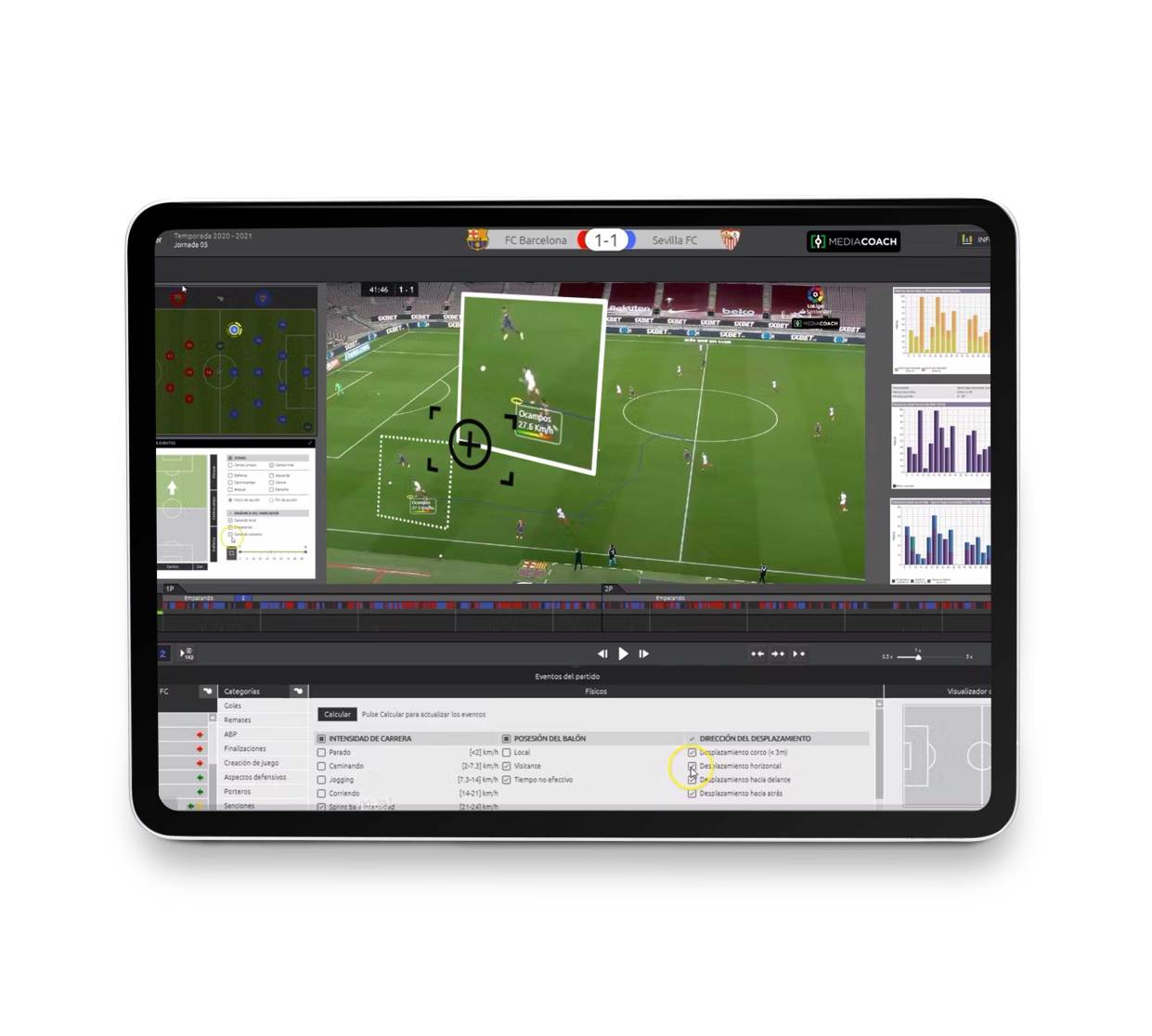

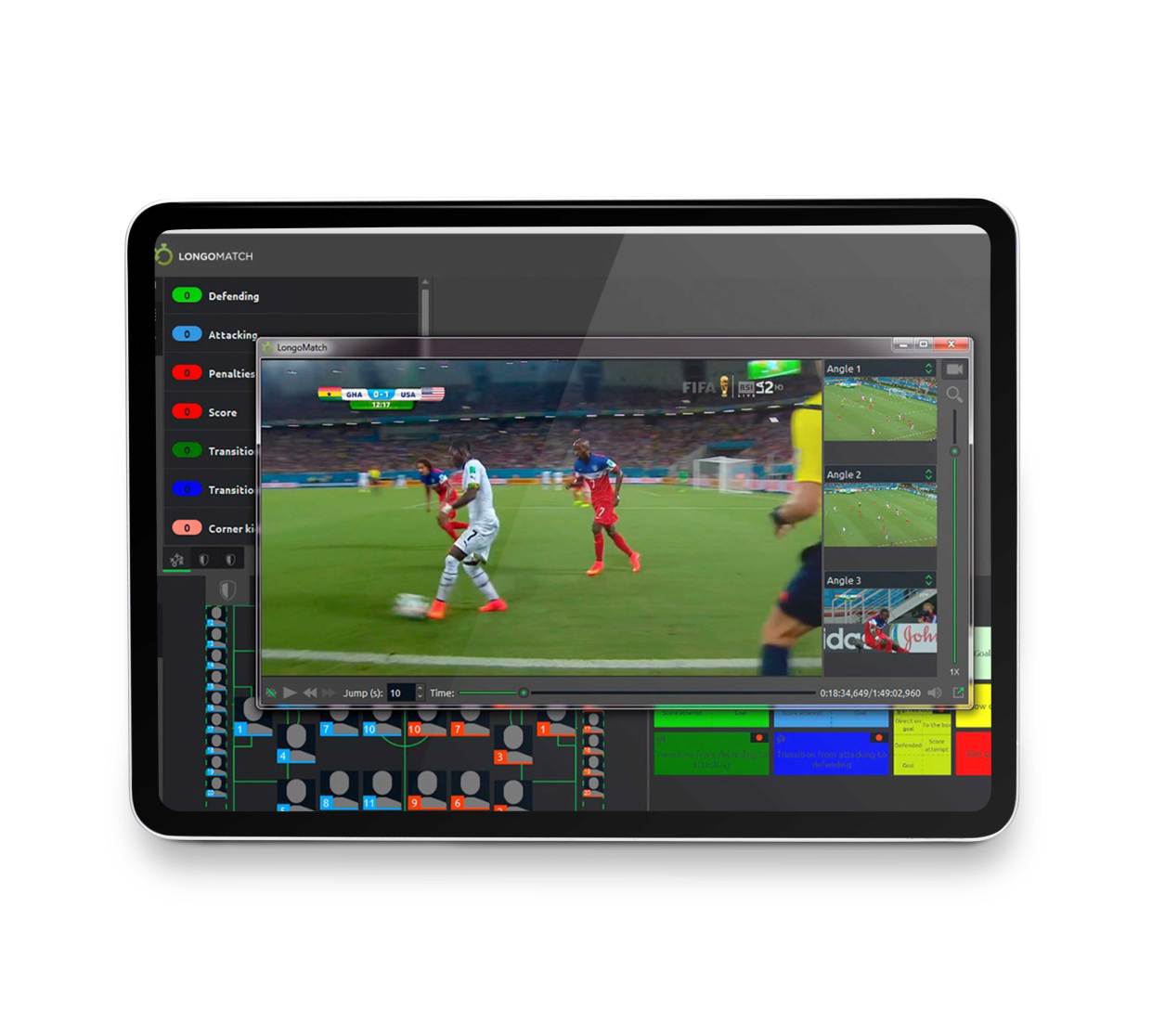

BONUS 2
You will obtain 5 additional certifications that will complement your training:

CATAPULT PERFORMANCE CERTIFICATION

SOFT SKILLS CERTIFICATION

FOUNDATIONS OF THE GAME CERTIFICATION

LONGOMATCH VIDEO ANALYSIS CERTIFICATION

Physical Performance Certification
All our master’s degrees are certified by the most prestigious sports university: UCAM

At UCAM, we are in a constant state of evolution and at the forefront of technology and tools for a national and international benchmark learning experience.
WHAT WILL I RECEIVE WHEN I BECOME A STUDENT AT SPORTS DATA CAMPUS?
AS SOON AS YOU ENROLL
Included FREE Premaster (valued at 5,000€). You can start studying tomorrow and get:
> Certificate Program in Fundamentals of Data Analysis in Football
> Certificate Program in Foundations of Data Visualization in Soccer Analytics
> Certificate Program in Statistics and Mathematics Applied to Sport with R
> Certificate Program in Fundamentals of Sports Data Analysis with Python
WHILE YOU'RE STUDYING
Official University Certification by UCAM, the most prestigious Sports University globally
Additional certifications, providing you with a complete professional training:
> CATAPULT Performance Certification
> SPORTS DATA CAMPUS Soft Skills Certification
> LONGOMATCH Video Analysis Certification
> SPORT COACH NORTE Game Fundamentals Certification
> STATSPORTS Certification in Physical Performance
FROM THE VERY FIRST MOMENT
Access job opportunities and real-world projects with top-level teams through Sports Data Campus Professional Extension.
Access to our ecosystem of collaborators, including over 100 clubs and elite teams worldwide, and more than 120 leading companies in the sector
24/7 SUPPORT. We're with you at all times and always available whenever you need us.
A UNIQUE LEARNING EXPERIENCE, with high-quality, exclusive content you won't find anywhere else, taught by faculty and professionals from the world's top teams
Exclusive and priority access to the Sports Data Forum, events, workshops, special promotions...
You will become part of the largest Big Data and Sports community in Spanish, where thousands of students boost their NETWORKING
“Never confuse Value and Price. Price is what you pay for a good or service. The value you receive for what you’ve paid is priceless.”
FAQ – Frequently Asked Questions
VACIO
El Big Data ha abierto una puerta transversal para su óptima aplicación al deporte, en concreto, al fútbol. Por ello, es una herramienta útil para reforzar la construcción de la dirección deportiva. Es muy difícil entender uno de los estamentos más importantes de un club de fútbol sin la aplicación del dato de forma profesionalizada. En definitiva, el dato es un pilar básico que ayuda a optimizar procesos, así como a detectar talento en cualquier competición y a reducir al mínimo el factor suerte.
- Big Data y fútbol.
- Estructura, organización y planificación de una dirección deportiva de fútbol.
- Los pilares básicos de una dirección deportiva.
- El seguimiento en bruto y en neto.
- Los perfiles.
- La negociación.
- La adaptación.
- El dato y la reducción del factor suerte.
- La cantera..
Is this program for me?
Yes—if you want to work professionally with AI in sport and take models into production using real club data. The Masters in AI Applied to Sports is designed for technical and sport-technical profiles such as data scientists, data/software engineers, ML/DL professionals, performance analysts, and graduates in sport science with a strong tech background, as well as coaches and technical staff who want to incorporate AI into their decision-making. It also fits recent graduates and self-taught candidates with high motivation and a basic foundation in programming and analytics.
You don’t need to be an expert from day one, but it is a rigorous, hands-on program. We recommend arriving with working knowledge of Python and fundamentals of statistics/linear algebra, together with a genuine interest in the sports domain.
Can I balance it with my job/family?
Yes. The Masters in AI Applied to Sports is built for demanding schedules: it’s 100% online via the Virtual Classroom, so you can study from anywhere. You’ll have 24/7 access to lectures and materials, and live sessions are recorded and available afterward (attending live is recommended but not mandatory).
From day one you’ll receive the full academic and live-session calendar to plan ahead, and the modular structure helps you progress at your own pace. You’ll also have personalized tutoring, course forums, individualized academic follow-up, and continuous technical support so nothing gets in the way.
What if I can’t attend live sessions or something unexpected comes up during the program?
The methodology accommodates different learning paces and you’ll have continuous support: tutorials, course forums, and a clear session calendar to help you plan.
If something unforeseen happens, your tutor and Academic Coordination will help you reorganize your study plan within the calendar, with individualized follow-up, feedback on submissions, and ongoing technical support.
VACIO
El Big Data ha abierto una puerta transversal para su óptima aplicación al deporte, en concreto, al fútbol. Por ello, es una herramienta útil para reforzar la construcción de la dirección deportiva. Es muy difícil entender uno de los estamentos más importantes de un club de fútbol sin la aplicación del dato de forma profesionalizada. En definitiva, el dato es un pilar básico que ayuda a optimizar procesos, así como a detectar talento en cualquier competición y a reducir al mínimo el factor suerte.
- Big Data y fútbol.
- Estructura, organización y planificación de una dirección deportiva de fútbol.
- Los pilares básicos de una dirección deportiva.
- El seguimiento en bruto y en neto.
- Los perfiles.
- La negociación.
- La adaptación.
- El dato y la reducción del factor suerte.
- La cantera..
Will I meet people in the industry and build real networking during the program?
Yes. From day one, you join a global Sports Data & AI community with access to alumni, working groups, course forums, and a WhatsApp group where questions, resources, and opportunities are shared.
You’ll also have masterclasses and live sessions with professionals from top-tier clubs and leagues (e.g., River Plate, Sevilla FC, LaLiga, Premier League), which greatly increases real contact with the industry.
As a Sports Data Campus student, you enter an ecosystem connected to 100+ clubs and 120+ companies, with priority invitations to exclusive events and workshops designed to create high-value connections (e.g., Sports Data Forum).
Is there a job board or internships? Will I find a job or advance my career with this master’s?
The Professional Extension Department connects our students with real opportunities in clubs, companies, and federations: applied projects, collaborations, and direct entry points into the market. It currently operates with proven metrics: 190+ students involved in projects, 115+ projects delivered, and 100+ partnership agreements with organizations, within a network that continues to grow every day.
Get more info
About our available scholarships and special conditions.


